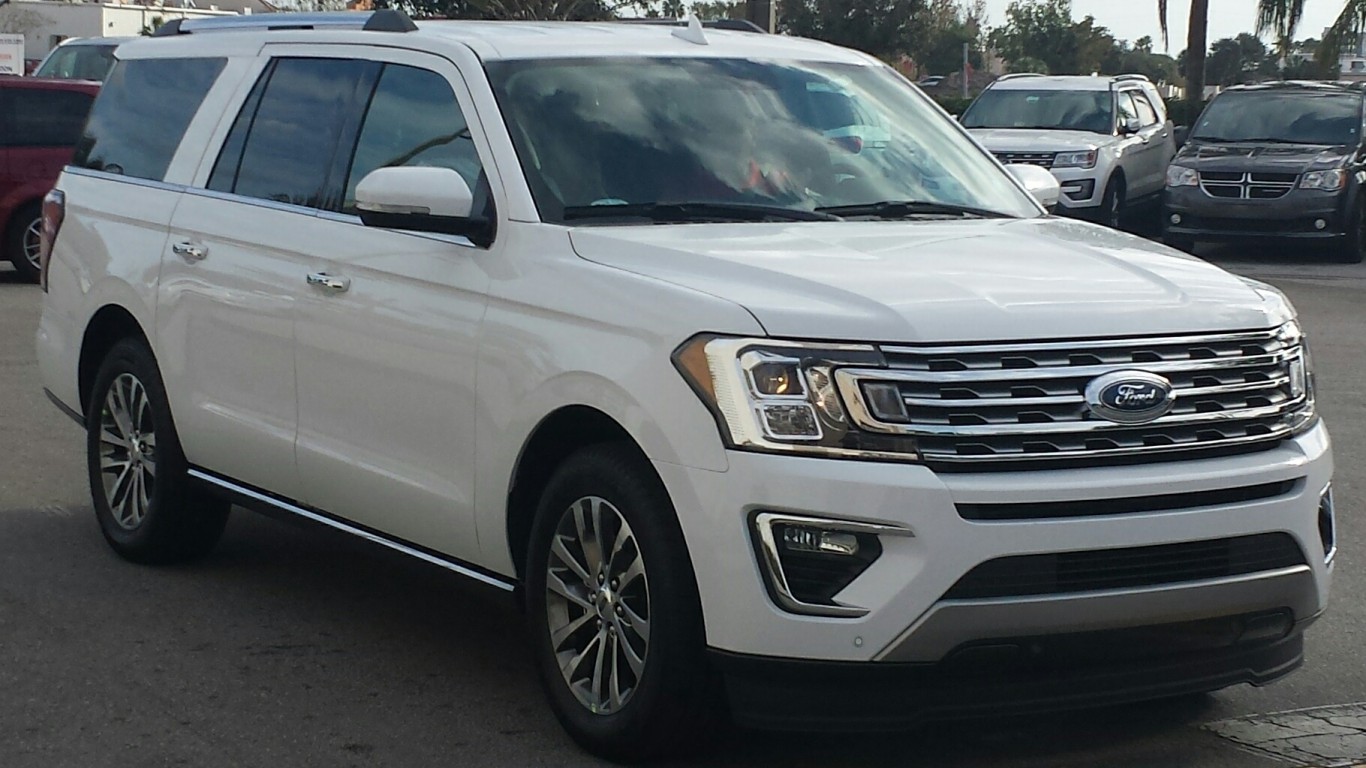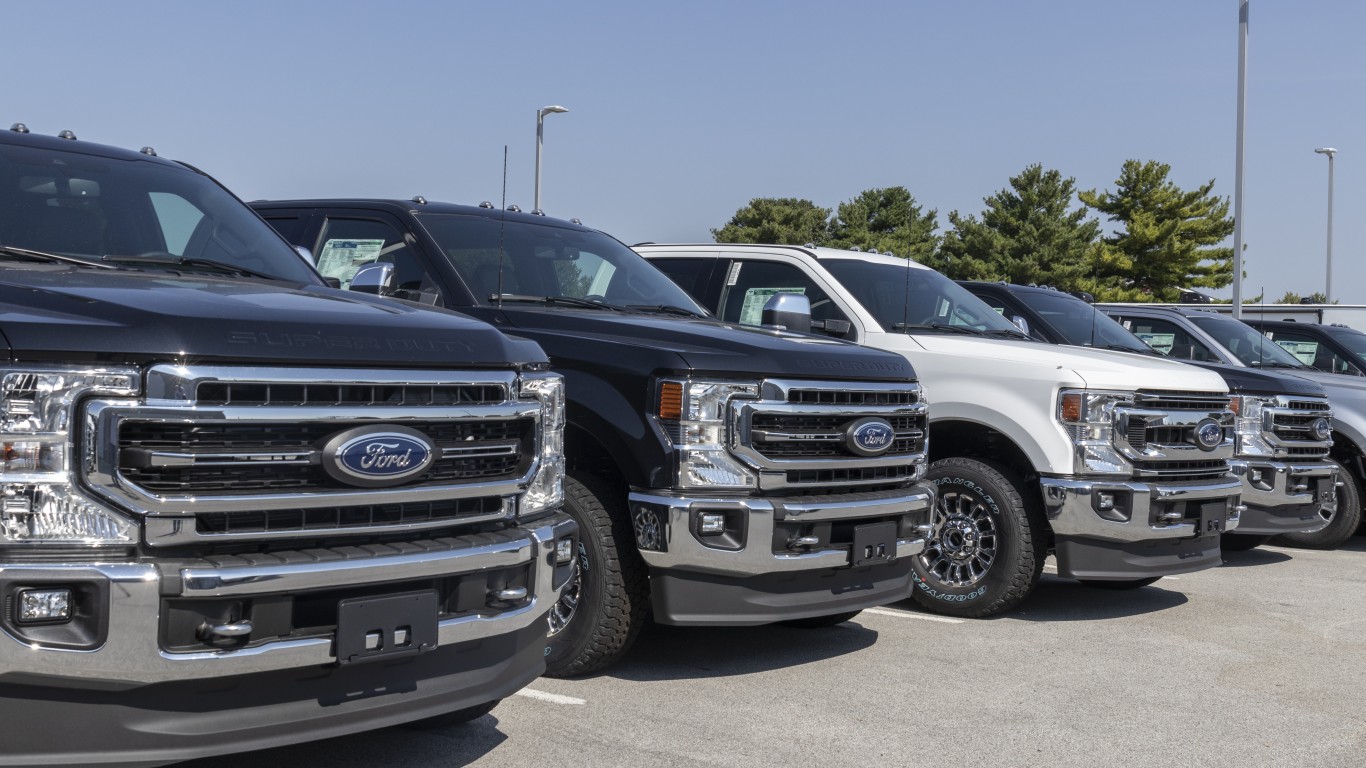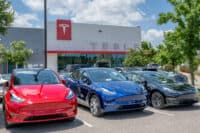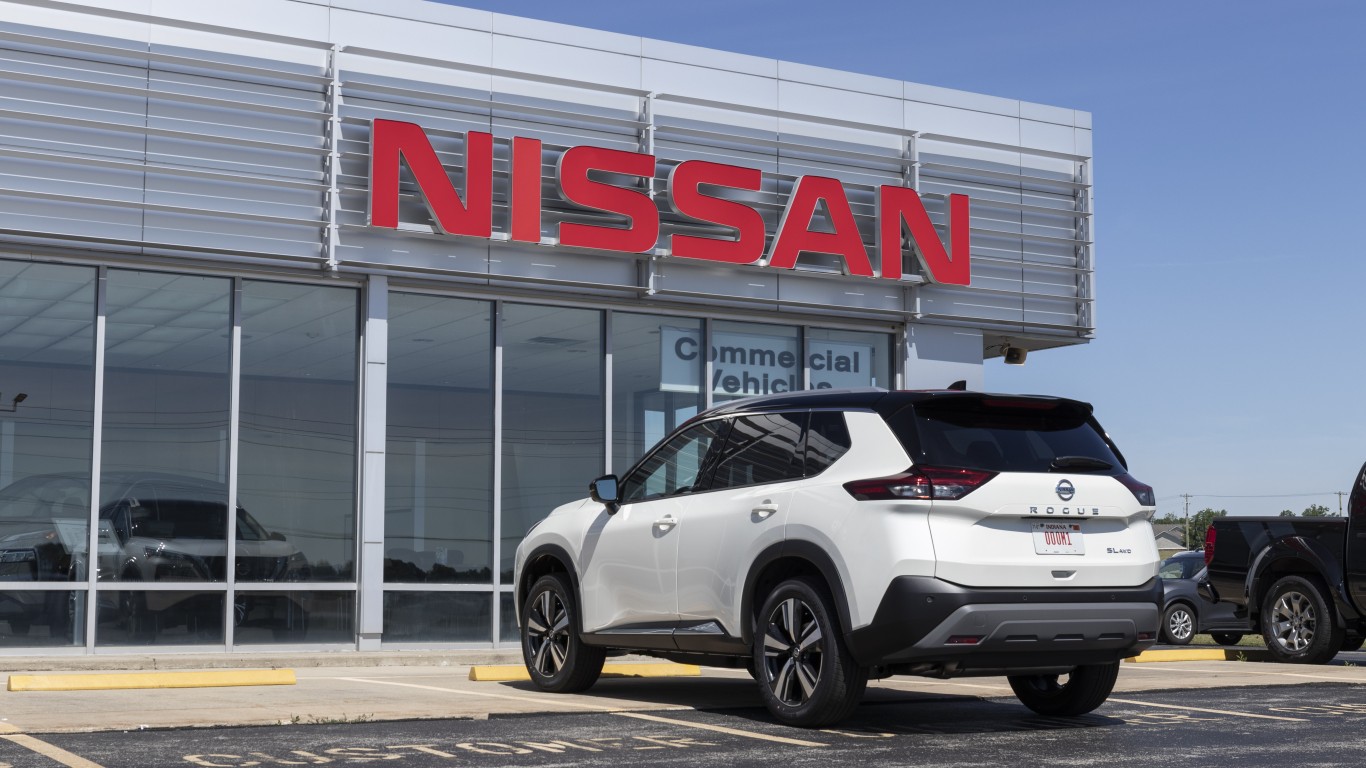

Buying a one-year-old used car can save consumers 23% compared to buying the new model of the same car. Depending on the model, savings could be more than double according to auto research firm iSeeCars.com.
The firm has analyzed more than 7 million new and used car sales from August 2018 to January 2019 and compared the prices of new vehicles to prices of their one-year-old versions to identify those with the greatest price differences.
iSeeCars CEO Phong Ly noted:
While purchasing a new car offers peace of mind, waiting a year and purchasing the same vehicle lightly used can amount to significant savings. Consumers who buy a lightly used car can still take advantage of the remaining manufacturer warranties and can have the car inspected by an independent mechanic prior to purchasing to ease any uncertainties about the vehicle’s condition and driving history.
Here’s the iSeeCars list of the 10 vehicles car buyers may want to purchase used instead of new, including the percentage difference and the dollar difference for a used car over a new one.
| Rank/Model | % Difference | $ Difference |
|---|---|---|
| 1. Ford Expedition | -38.50% | $24,690 |
| 2. Kia Sedona | -37.80% | $12,918 |
| 3. Chevrolet Impala | -36.40% | $11,837 |
| 4. Infiniti QX80 | -34.90% | $26,188 |
| 5. Ford Fusion Hybrid | -34.30% | $9,301 |
| 6. Infiniti Q50 | -33.10% | $14,938 |
| 7. Nissan Altima | -32.60% | $7,984 |
| 8. Hyundai Santa Fe Sport | -31.40% | $9,368 |
| 9. Kia Optima | -31.30% | $7,574 |
| 10. Hyundai Accent | -31.00% | $5,136 |
Of the 10 vehicles listed, six are passenger cars, three are sport utility vehicles and one is a minivan. The Ford Expedition is the most expensive SUV in its class, and a used version must be priced at a substantial discount in order to sell.
As for the passenger cars, they are losing their popularity both as news and used vehicles. The used vehicles on this list are not among the top-rated vehicles in their class, accounting for the steep discounts for a one-year-old model according to iSeeCars.
Among SUVs, the average percentage difference in price for a used vehicle is 17.7% compared to a new vehicle. In addition to the three SUVs that made the top-10 list, at least seven more beat that average, including the Kia Sportage, Nissan Rogue, GMC Yukon XL and Mitsubishi Outlander. Again, most of these vehicles dwell in the lower part of the rankings in their class and have to be priced low in order to sell.
Three pickups offer a better value for buyers when purchased used rather than new: the Ram 1500, GMC Sierra 1500 and Nissan Titan. The average difference is 20.7% for a used versus new pickup. All are full-sized models and, like the Expedition, require significant discounts to the new price in order to attract buyers.
Luxury cars suffer both from being less attractive to buyers than SUVs and from their high new-vehicle prices. The average discount for a year-old luxury vehicle, car or SUV, is 16.6%.
Small hybrid and all-electric cars have an overall 28.1% discount for a used versus a new model. Partly that’s due to low overall demand for electrified cars. A one-year-old Nissan Leaf, for example, can be purchased for 40% below the cost of a new model. Among the hybrids, lower fuel economy also weighs on the resale price of a year-old version.
Visit the iSeeCars website for the full report and methodology.
Essential Tips for Investing: Sponsored
A financial advisor can help you understand the advantages and disadvantages of investment properties. Finding a qualified financial advisor doesn’t have to be hard. SmartAsset’s free tool matches you with up to three financial advisors who serve your area, and you can interview your advisor matches at no cost to decide which one is right for you. If you’re ready to find an advisor who can help you achieve your financial goals, get started now.
Investing in real estate can diversify your portfolio. But expanding your horizons may add additional costs. If you’re an investor looking to minimize expenses, consider checking out online brokerages. They often offer low investment fees, helping you maximize your profit.
Thank you for reading! Have some feedback for us?
Contact the 24/7 Wall St. editorial team.



